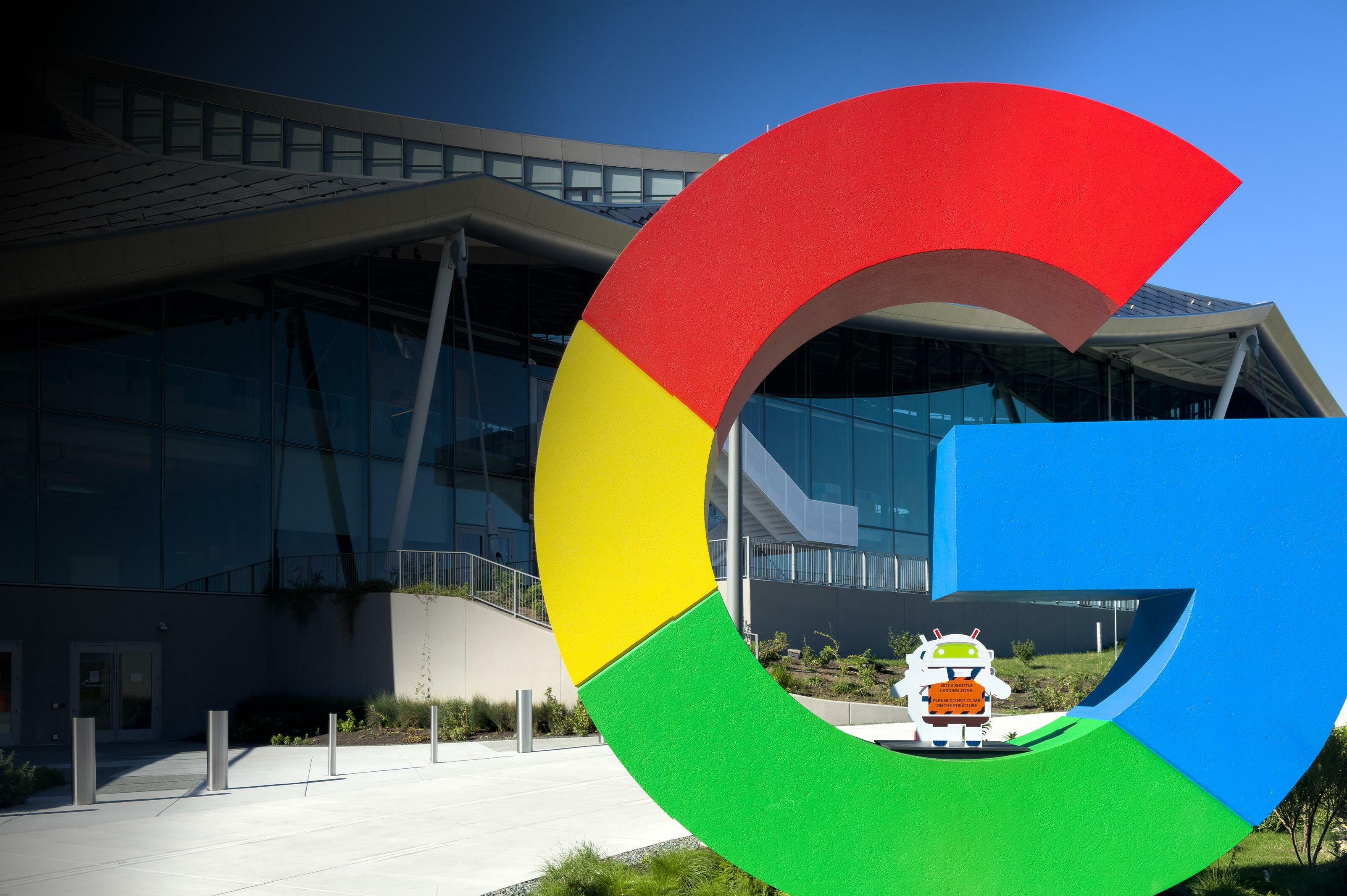image [https://cdn.magzter.com/1400077361/1742426961/articles/wu8XYbe6-1742539339319/mg_Wl4r2W1742554801579.jpg]
The European Commission’s actions—two charges against Google and a directive for Apple—signal a tougher stance under the DMA, a 2023 law designed to curb the dominance of tech gatekeepers. With fines looming up to 10% of global revenue—potentially $30 billion for Google and $39 billion for Apple, based on 2024 figures—this isn’t just a slap on the wrist; it’s a gauntlet thrown down amid transatlantic tensions with U.S. President Donald Trump’s tariff threats. Here’s how it unfolded, what’s at play, and why it matters.
GOOGLE'S DOUBLE TROUBLE: SEARCH AND PLAY UNDER FIRE
Google’s facing a two-pronged assault from the EU. The first charge zeroes in on its app store, Google Play, alleging it stifles developers from steering users to cheaper deals outside its ecosystem—think in-app links to third-party sites blocked or buried, per Reuters. The second targets Google Search, accusing it of favoring its own services—Google Shopping, Flights, Hotels—over rivals, skewing results to keep competitors like Booking.com or Yelp at bay, per The Verge. Both stem from the DMA’s “don’t” list, mandating fair play and user choice.
The Commission’s preliminary findings, building on a probe launched in March 2024, call it a breach of transparency and non-discrimination rules, per Bloomberg. Google’s Oliver Bethell fired back in a blog post: “These changes would make it harder for people to find what they’re looking for and hurt European businesses,” arguing that DMA tweaks—like neutering search result tweaks—cut traffic to local firms. He warned that without “reasonable fees” for Android and Play, innovation stalls—echoing a 2021 Luxembourg plea, per Reuters archives, where Google lost a $5.1 billion Android fine fight.
For users, it’s a tug-of-war—cheaper apps and broader search might emerge, but Google’s ecosystem could fray. Production’s unshaken—Play’s 2.5 million apps and Search’s 8.5 billion daily queries, per Statista 2024, roll on—but compliance could reshape both by 2026.
APPLE'S MANDATE: OPENING THE GARDEN GATE
Apple’s directive is a different beast—the EU ordered it to unlock iOS and iPadOS for rival devices, like smartwatches or earbuds, under the DMA’s interoperability clause, per TradingView News. Since 2023, Apple’s resisted—sideloading rolled out grudgingly in 2024, per AppleInsider, with “link-outs” for developers but steep fees—yet regulators say it’s not enough. The Commission demands seamless third-party connections, not just app tweaks, per MarketScreener, with a six-month clock ticking from March 19.
Apple’s pushback was swift: “This wraps us in red tape, slowing innovation and forcing us to give away features for free to rivals who don’t play by the same rules,” a spokesperson told Reuters. The EU’s Teresa Ribera countered: “It ensures fair competition across devices consumers use daily,” per The Guardian. Posts on X from @Techmeme note it’s a “preliminary view”—fines loom if Apple digs in, but compliance could shift iOS’s fortress by late 2025.
For users, it’s a shake-up—imagine Fitbits syncing natively or Bose buds chatting with Siri, but Apple’s polish might thin. Production holds—iPhone’s 1.6 million monthly output, per Statista, chugs on—but the ecosystem’s edges could blur.
DEMAND AND CONTEXT: A BIG...


